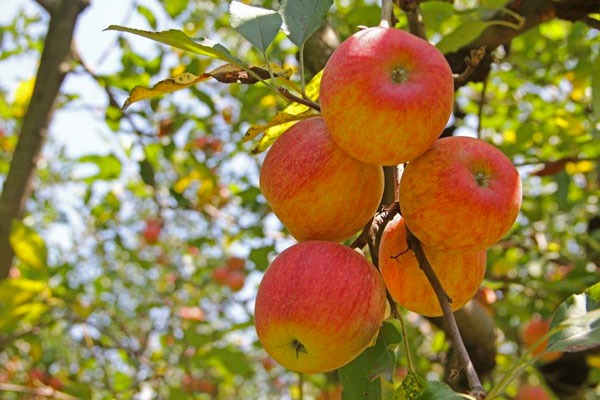The agricultural sector is grappling with numerous challenges, leaving fruit farmers in Punjab without any relief in sight.
According to reports in the media, juice manufacturers have scaled back their involvement in fruit markets by decreasing their procurement and contract-farming targets, Geo News reported.
The implementation of a 20% Federal Excise Duty (FED) in the 2023-24 budget triggered a downturn in industry sales to Rs43 billion, a far cry from the potential figure of over Rs70 billion based on projections. This has inadvertently fueled the growth of an unregistered sector offering cheaper, lower-quality, and potentially unsafe products. Consequently, the rural fruit farming economy associated with this value chain has been severely affected, Geo News reported.
Industry representatives report that the imposition of the 20% Federal Excise Duty (FED) has slashed their sales by 50-70%, leading to a significant reduction in their procurement targets.
The industry’s decreased operations have resulted in heightened unemployment, with no new investments initiated in 2023-24 and none anticipated for the subsequent year. Following a 41% decline in industry volume and nearly a 50% reduction in fruit procurement, companies have been compelled to lay off employees, especially those on daily wages.
“The industry is confronting a crisis, prompting numerous considerations of downsizing sales and production teams to cut costs,” remarked a representative of a packaged juice company. He questions the government’s net benefit from this policy, pointing out that the decline in sales leads to revenue shortfalls.
The spokesperson for the Fruit Juice Council emphasizes the vital role of the formal packaged juice sector in preventing significant food wastage and supporting farmers’ livelihoods through the promotion of best practices. He proposes the adoption of progressive taxation models, similar to those in other countries, which offer tax incentives for packaged juices.
He notes that in India, pure fruit juices are subject to only a 12% GST, compared to Pakistan’s 18% GST plus the FED.
“The government should consider reducing the FED to allow the formal industry to flourish, enabling it to attract new technology and investments, and capitalize on the global demand for our fruits,” the spokesperson stated.







































